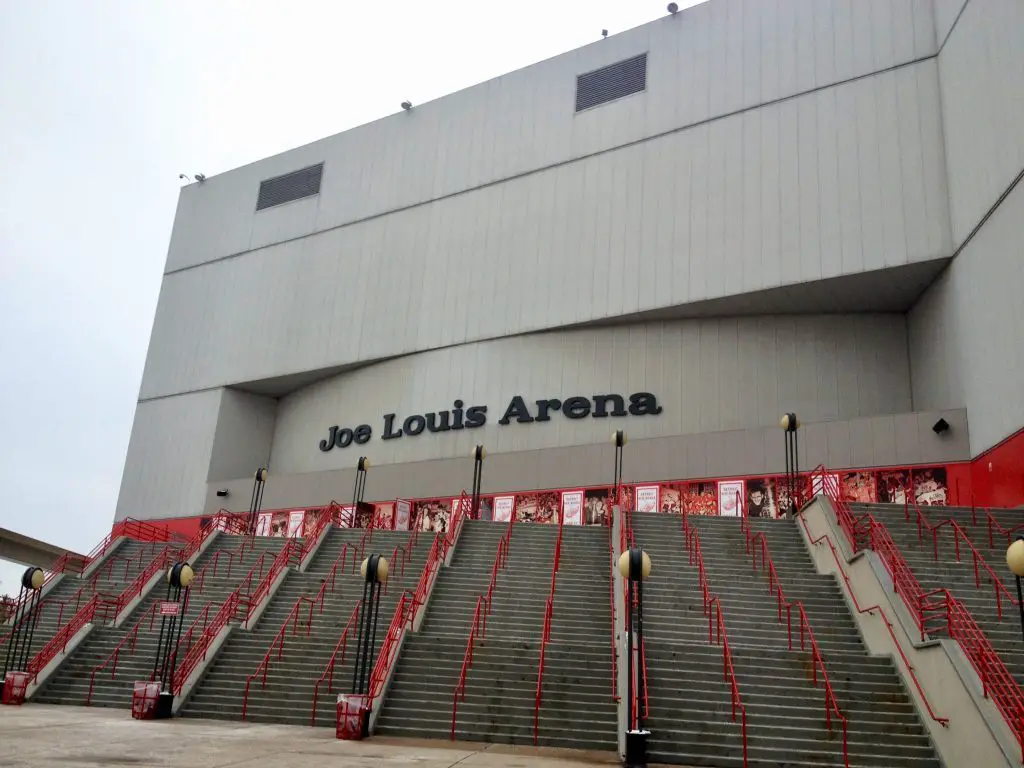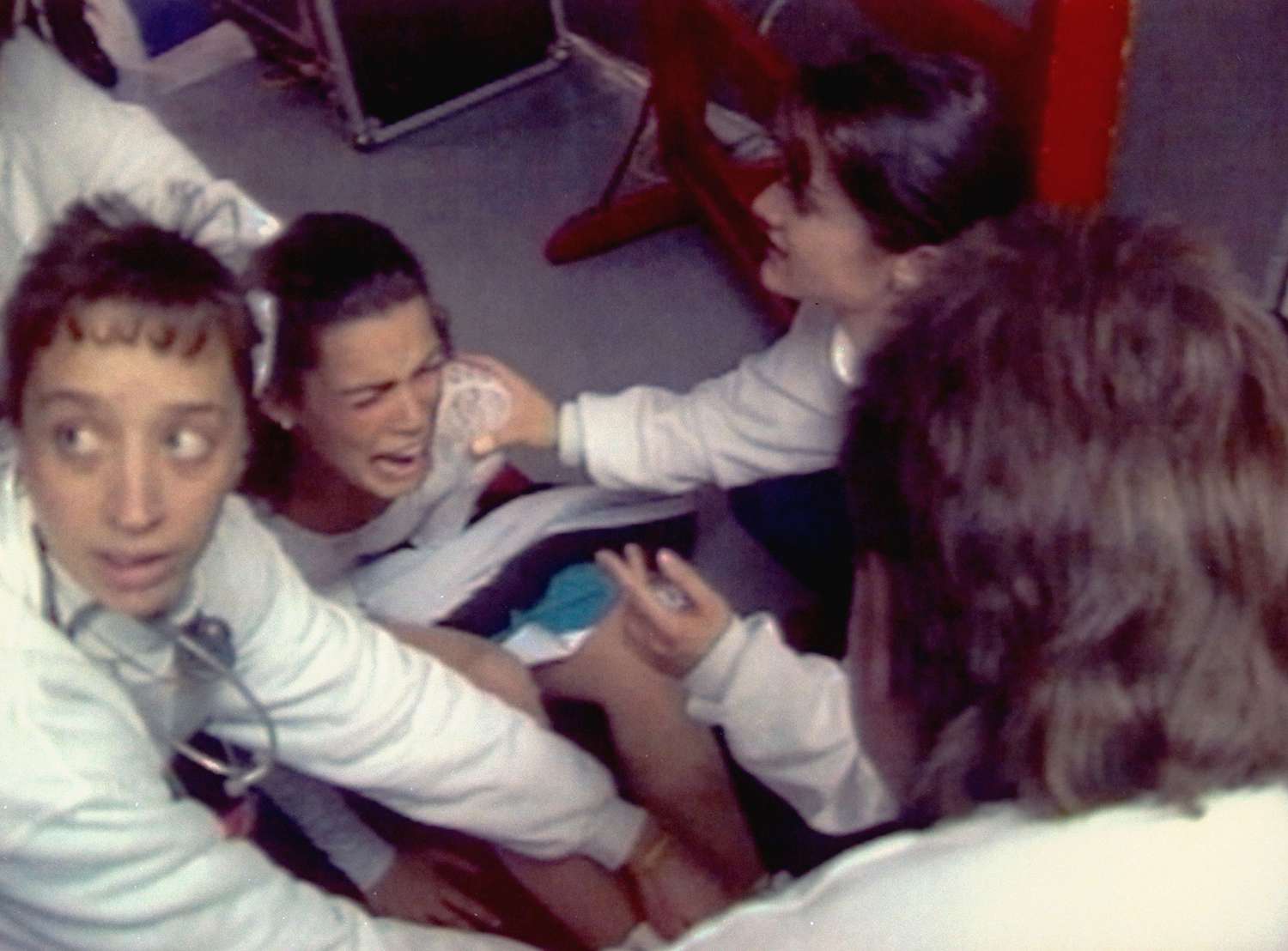Named after the legendary Detroit boxer Joe Louis, Joe Louis Arena was more than just an ice hockey venue. Built in 1979 at a cost of $34 million, this iconic arena was one of the oldest in the NHL and notably one of the few to retain its original name without corporate sponsorship. It stood as a significant piece of Detroit’s sports and cultural identity.

How “The Joe” Became The Red Wings’ Home
Originally, Red Wings’ owner Bruce Norris had plans to relocate the team to Pontiac in 1977. It wasn’t until a favorable agreement with the City of Detroit that Norris decided to make Joe Louis Arena the new home for the Red Wings. The Wings transitioned from their long-time home, Olympia Stadium, playing their final game there on December 15, 1979, and inaugurating Joe Louis Arena on December 27 of the same year.
Navigating the Criticism
Upon its opening, Joe Louis Arena faced a volley of criticisms, primarily for its location next to Cobo Hall on the Detroit River, which was considered a hindrance to pedestrian traffic. Add to that the steep and narrow stairways, and you had a recipe for early discontent. However, these issues hardly dampened the arena’s impact on Detroit’s sports and entertainment scene.
Joe Louis Arena: A Venue for All
The arena was also the stage for events beyond sports, such as concerts, WWE events, and even the 1980 Republican National Convention. In the mid-1980s the Detroit Pistons played many games at the arena when there were issues with the Silverdome (including a collapsed roof!). Most notably, it was the site of the infamous Nancy Kerrigan attack in 1994, making it a venue etched in not just sports history but American history.

TL;DR (too long didn’t read)
- Joe Louis Arena, affectionately known as “The Joe,” was a cornerstone in Detroit’s sports and entertainment landscape.
- Beyond hosting Detroit Red Wings hockey, the arena was the venue for a diverse range of events including concerts, NBA games, and even political conventions.
- Though demolished in 2019, its impact on the Detroit community and sports culture remains unforgettable.
The Legacy Lives On
Though demolished in 2019, the impact of Joe Louis Arena remains deeply ingrained in the community. The City of Detroit continued to own the land, and development rights were awarded to Financial Guaranty Insurance Company following the city’s 2014 bankruptcy. Currently, a high-rise apartment building is under construction at the site.
While it may be gone, the impact and significance of Joe Louis Arena on Detroit’s sports and entertainment scene can never be undermined. It was a place where memories were made, history was written, and legends were born.
